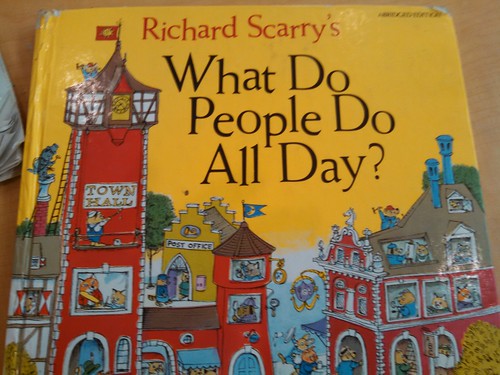
I had been planning to say a few things last week about this Gambit cover story but, well, a lot of worse things have been happening.
I've got pretty much the same bone to pick as everyone else who commented, though. It looks like it wants to be an article about the high cost of living in New Orleans but the framing is basically, "Oh noes, it's super hard for well educated, young, ambitious professional types to get started on their dream six figure career path in this city!" It's tone deaf to say the least.
The reason that happens is pretty simple to explain. Gambit's business model is about selling ad space to local businesses whose products and services match the tastes of young, ambitious professional types. That's why we find such people as the protagonists of this story. Unfortunately, that doesn't make the story immediately relatable for the rest of us plebs even though we're actually the ones being erased from the landscape by stagnant wages and skyrocketing rents.
The second issue with the story is stagnant wages and skyrocketing costs of living are a crisis facing working class people in cities all over America. It's not a uniquely New Orleans failing. But it has to be written this way because Gambit caters to a sensibility we can call the NOLA inferiority complex. It's a widely held belief among upper middle class whites especially that there's something extra dysfunctional about New Orleans which sets it apart from what you might find elsewhere. I've never been convinced this is the case. But it has long been a popular rationalization among young, ambitious, professional types when the wider national job markets they have access to by virtue of their class privilege incentivize them to move away. It's the negging undertone we find in every "leaving New Orleans love letter."
There's more to say, especially after the story was referenced by an even bigger insult of an article that appeared in CityLab this week. But that's already too much. Maybe we'll come back to it. In the meantime, please do see this "Labor Day" post by the author of the Gambit piece which I think serves as a pretty good follow-up. Yes, she still insists that New Orleans is "unusually difficult" for the yuppies. Never mind that. But look past it and you'll see...
But it does indicate that — as national studies and reports have suggested — the greater workforce is changing rapidly, and our conception of what "regular Americans" do for work may be a little outdated.That's the story right there. The work most people are obliged to do does not sustain most people. The problems of some recent Tulane grads weighing the costs/benefits of maximizing their value in the national market vs the charms of consuming the local "culture" really are a world removed from it.
Most Americans do not work in factories, or in coal mines. Only some people work in professional fields such as business, technology or law. By far the most common jobs for Americans are service-sector jobs, whether that be in retail, food service or customer service; office assistant jobs such as secretaries and clerks; or jobs in the growing field of health care and caretaking. Caretaking and food service in particular make up two of three of the fastest-growing jobs in America, according to a recent edition of the Current Population Survey — construction jobs were in the top spot.
The takeaway is that it's way past time to stop thinking of service-sector jobs as temporary gigs for people in high school or part-time workers. Certainly early labor advocates would have argued for workplace protections and better wages for people in these fields, who now form the backbone of the American workforce. And the same standard should hold true in health care, where many aides, assistants and home care workers aren't well-compensated relative to better-credentialed nurses and doctors.
No comments:
Post a Comment